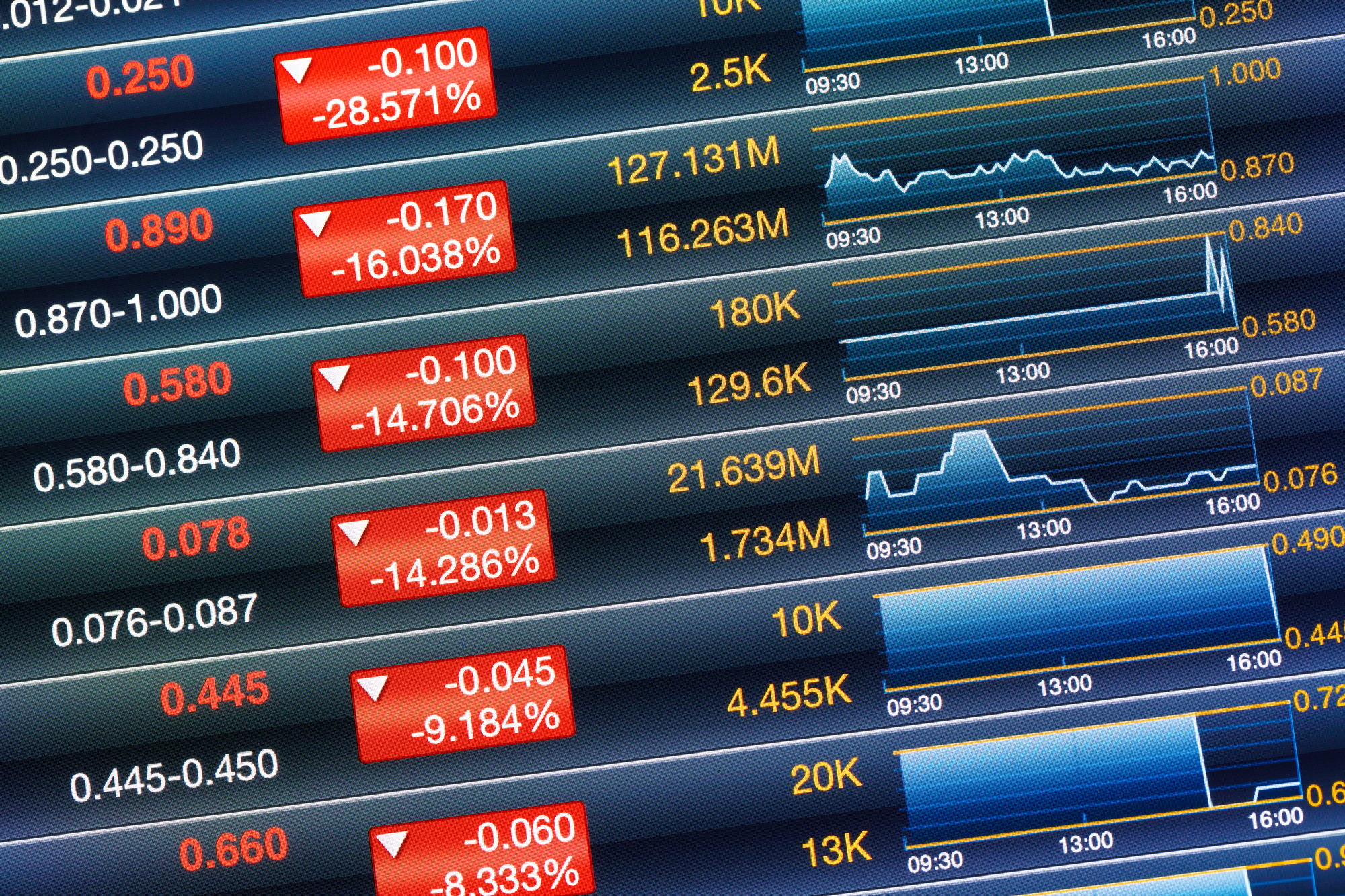Goldman Sachs has issued a cautionary note to investors, highlighting the potential for a significant downturn in U.S. equities. The investment bank warns that escalating trade tensions and increasing recession risks could trigger a nearly 20% decline in stock markets. This alert comes as the S&P 500 has rebounded 18% since early April, buoyed by a temporary pause in new tariffs announced by President Trump.
However, underlying concerns persist. Goldman’s chief political economist, Alec Phillips, points to President Trump’s continued aggressive trade rhetoric, particularly towards the U.K., suggesting that many countries could eventually face increased tariffs. Chief economist Jan Hatzius estimates a 45% chance of a U.S. recession in the next year, citing weak sentiment surveys and possibly lagging hard data like payrolls.
Market Vulnerabilities and Investor Sentiment
Peter Oppenheimer, Goldman’s chief global equity strategist, notes that despite recent market gains fueled by investor optimism and decent earnings, the full impact of tariffs hasn’t yet materialized in earnings reports. He warns that deteriorating labor data could shift market sentiment sharply and sees a potential decline of the S&P 500 to 4,600.Additionally, foreign investors may reduce exposure to U.S. stocks due to eroding advantages of American big tech firms and historically high valuations. While a structural bear market isn’t anticipated, short-term downside risks remain significant.
Global Economic Indicators and Trade Dynamics
The warning from Goldman Sachs coincides with broader concerns about the global economy. Falling Chinese exports to the U.S. and elevated gold and oil prices are among the indicators suggesting economic strain. The ongoing trade disputes have disrupted supply chains and contributed to market volatility. Investors are closely monitoring developments, particularly as U.S. and Chinese officials engage in trade talks aimed at easing tensions.
Implications for Investors
The potential for a significant market correction underscores the importance of cautious investment strategies. Investors may need to reassess their portfolios, considering the heightened risks associated with trade policies and economic indicators. Diversification and a focus on sectors less affected by trade disputes could be prudent approaches in the current environment.
As the situation evolves, market participants will be watching for signs of progress in trade negotiations and economic data releases that could influence investor sentiment and market trajectories.







